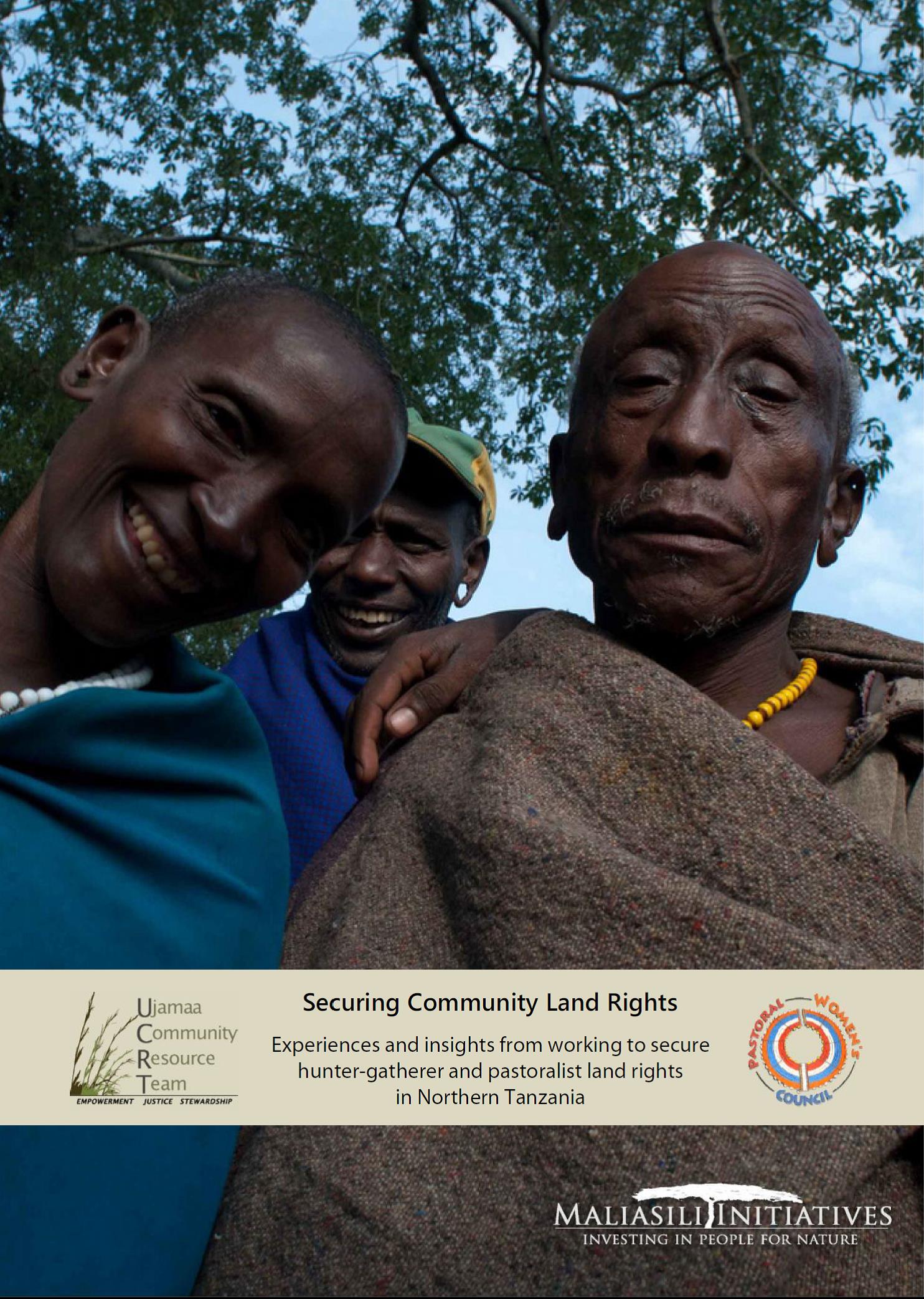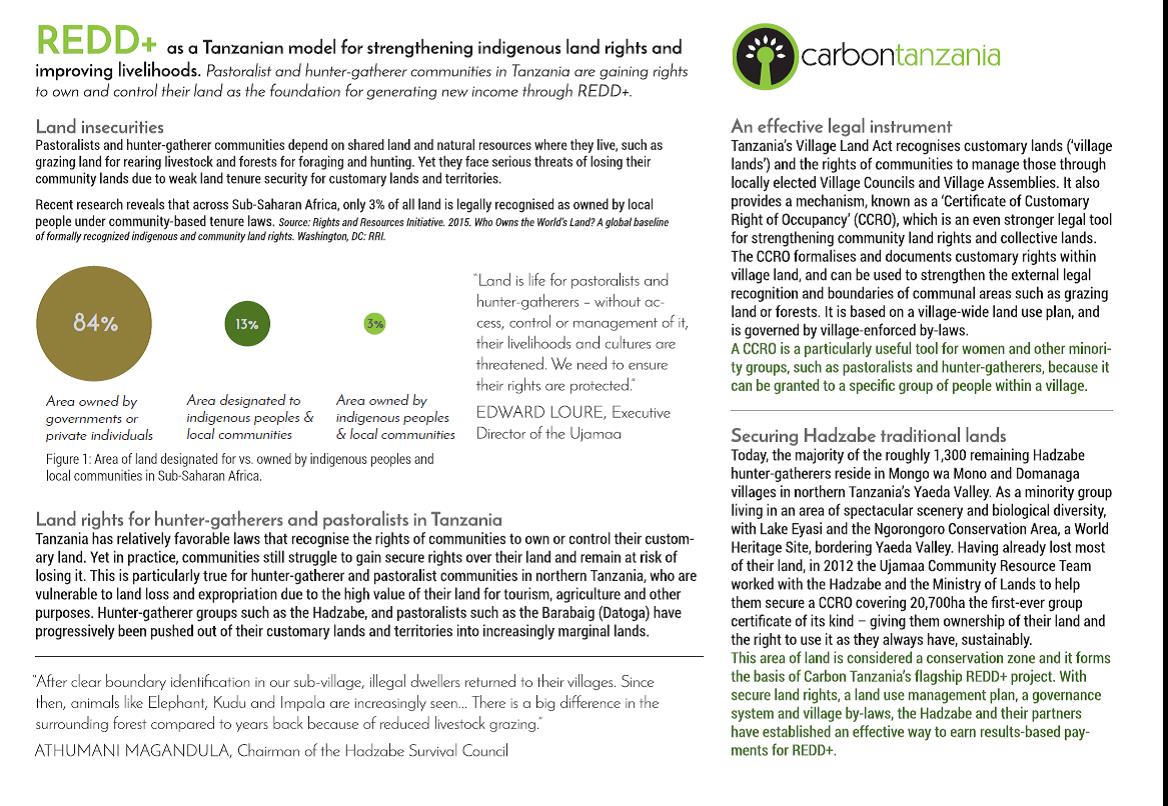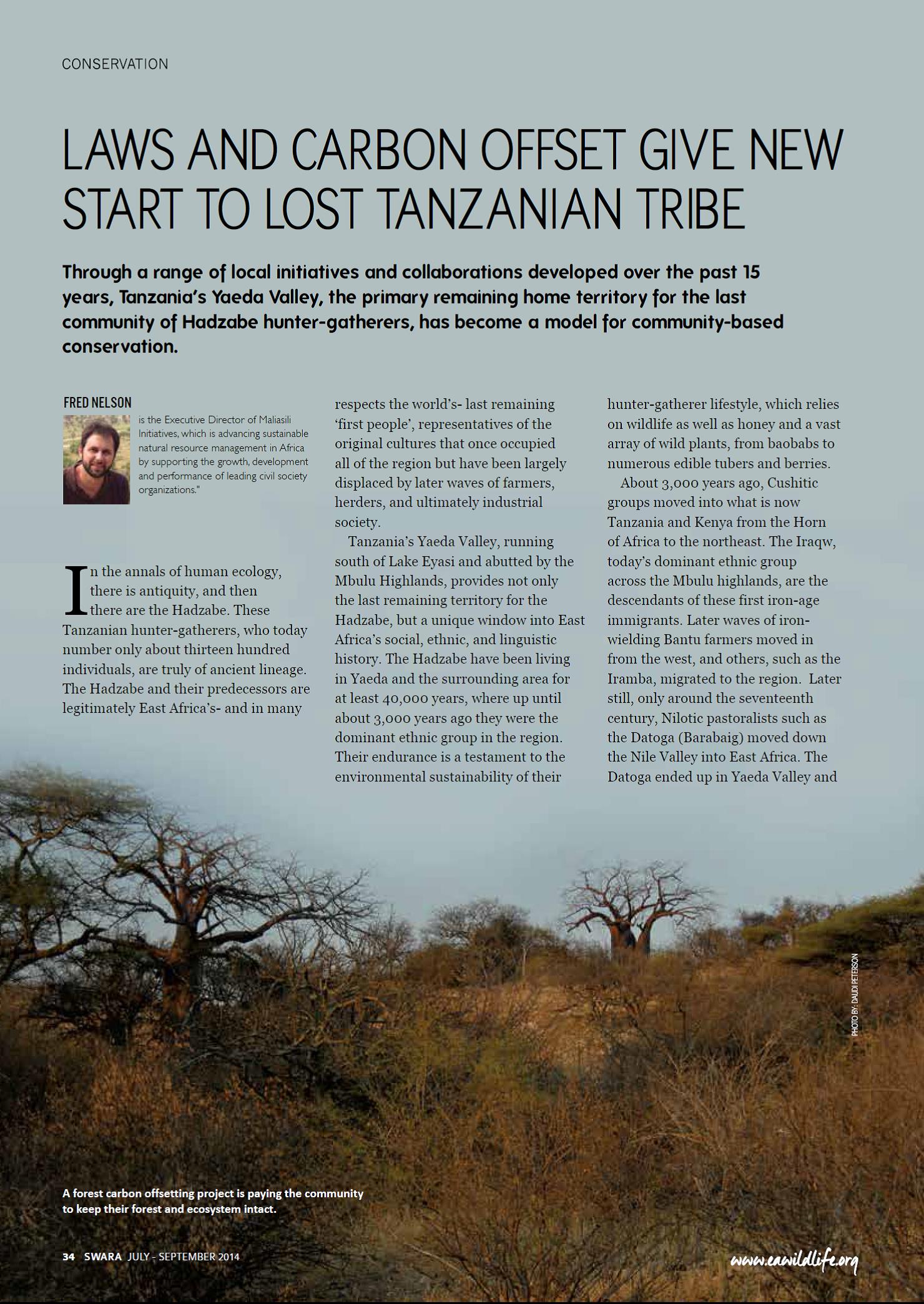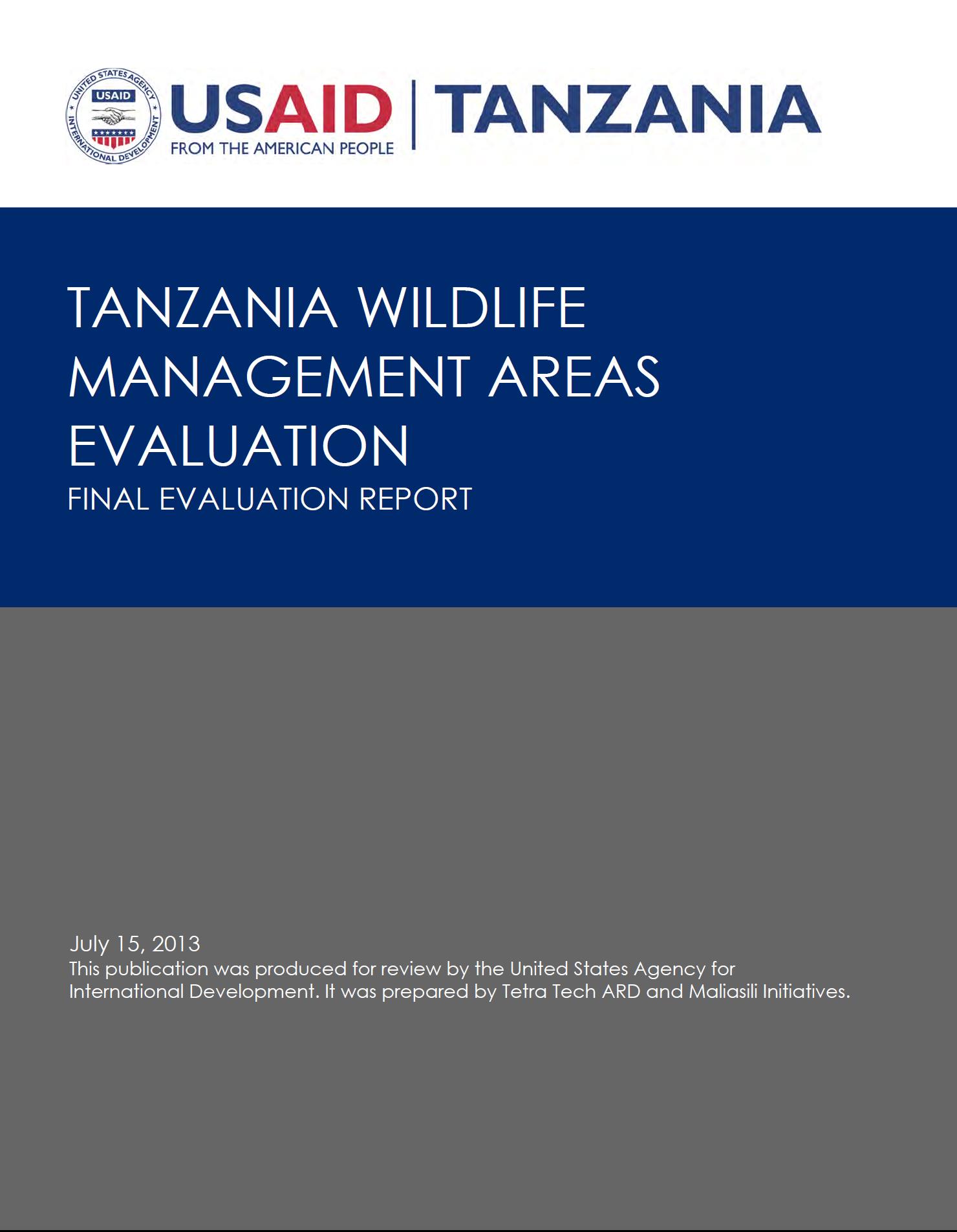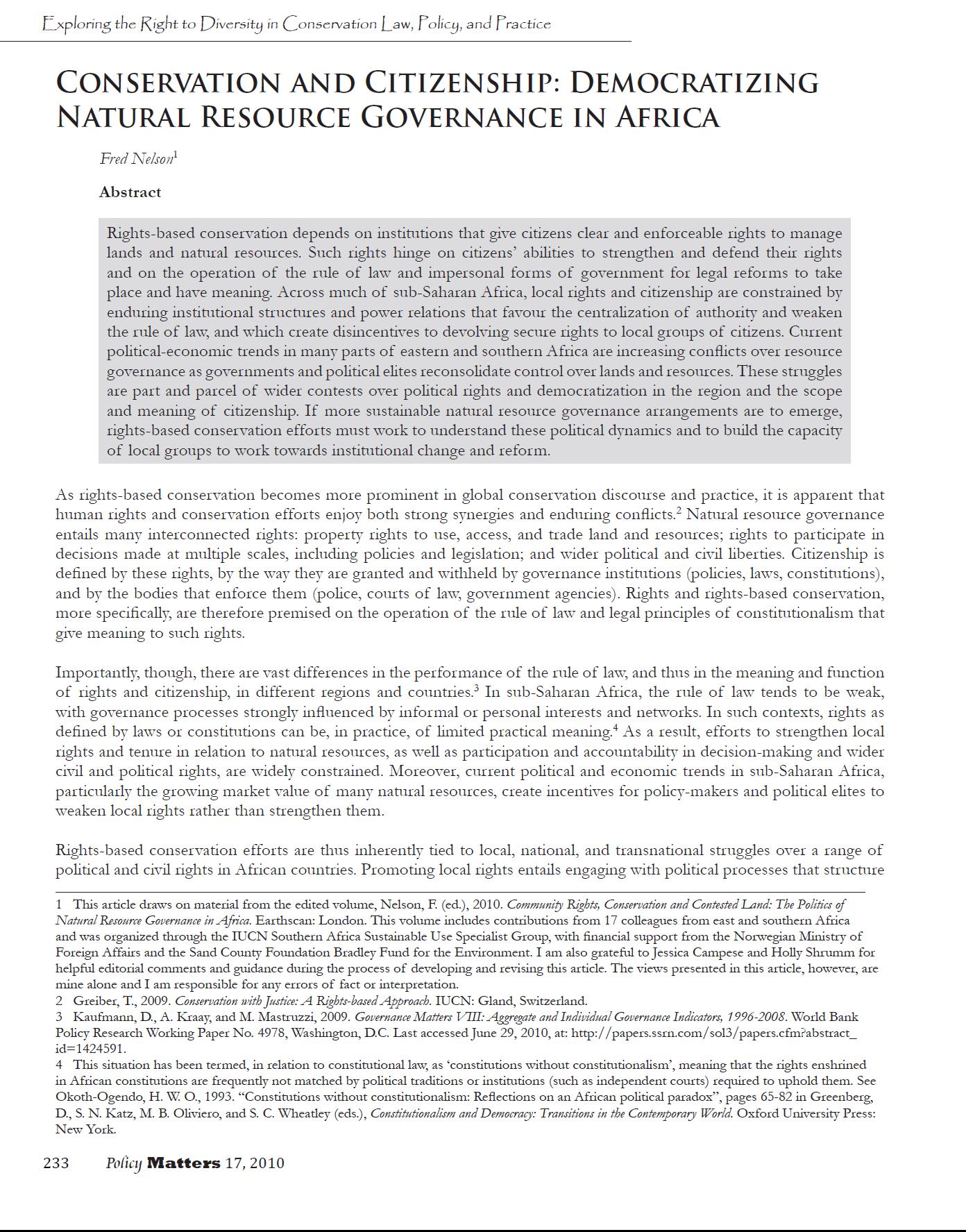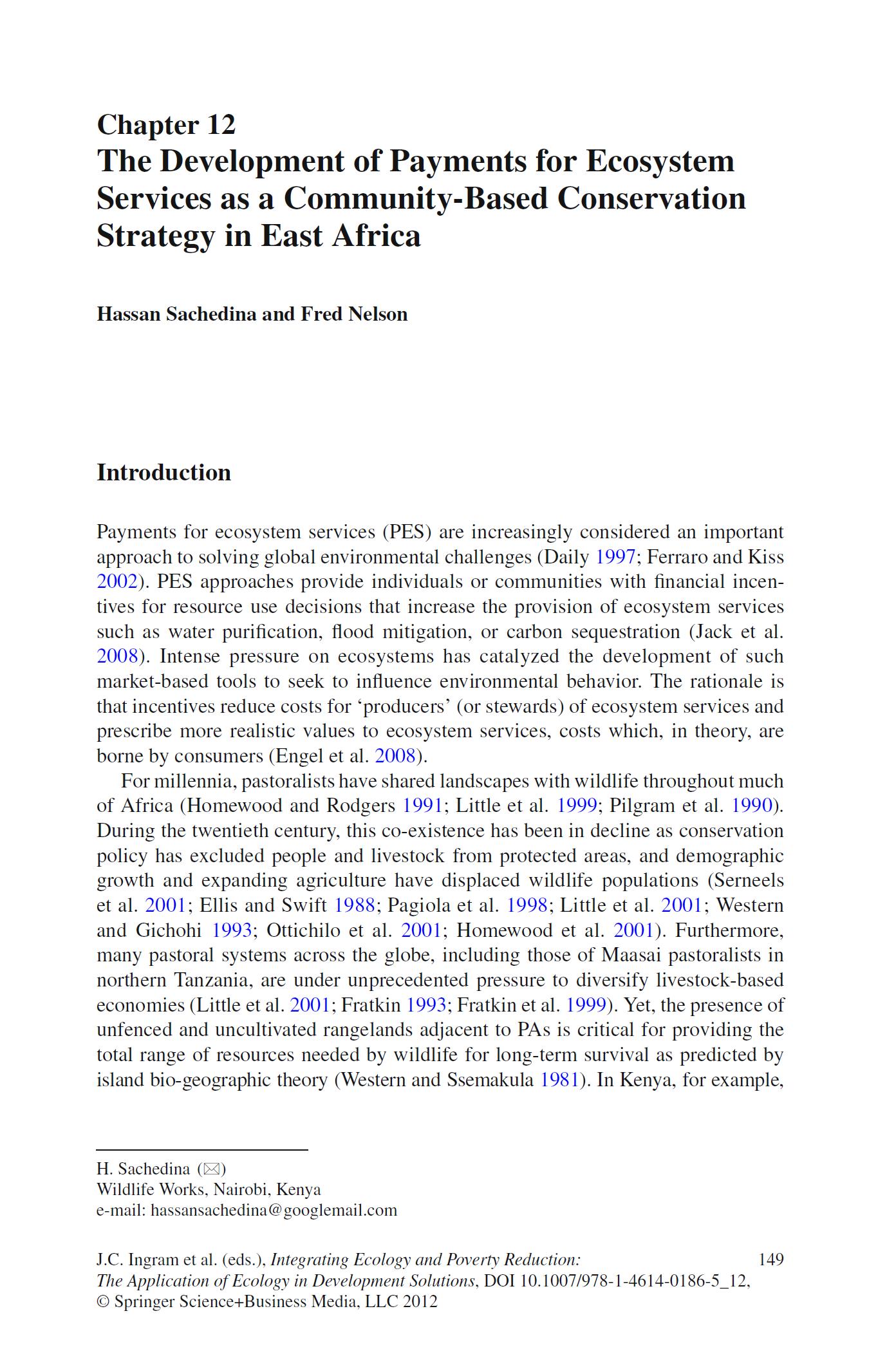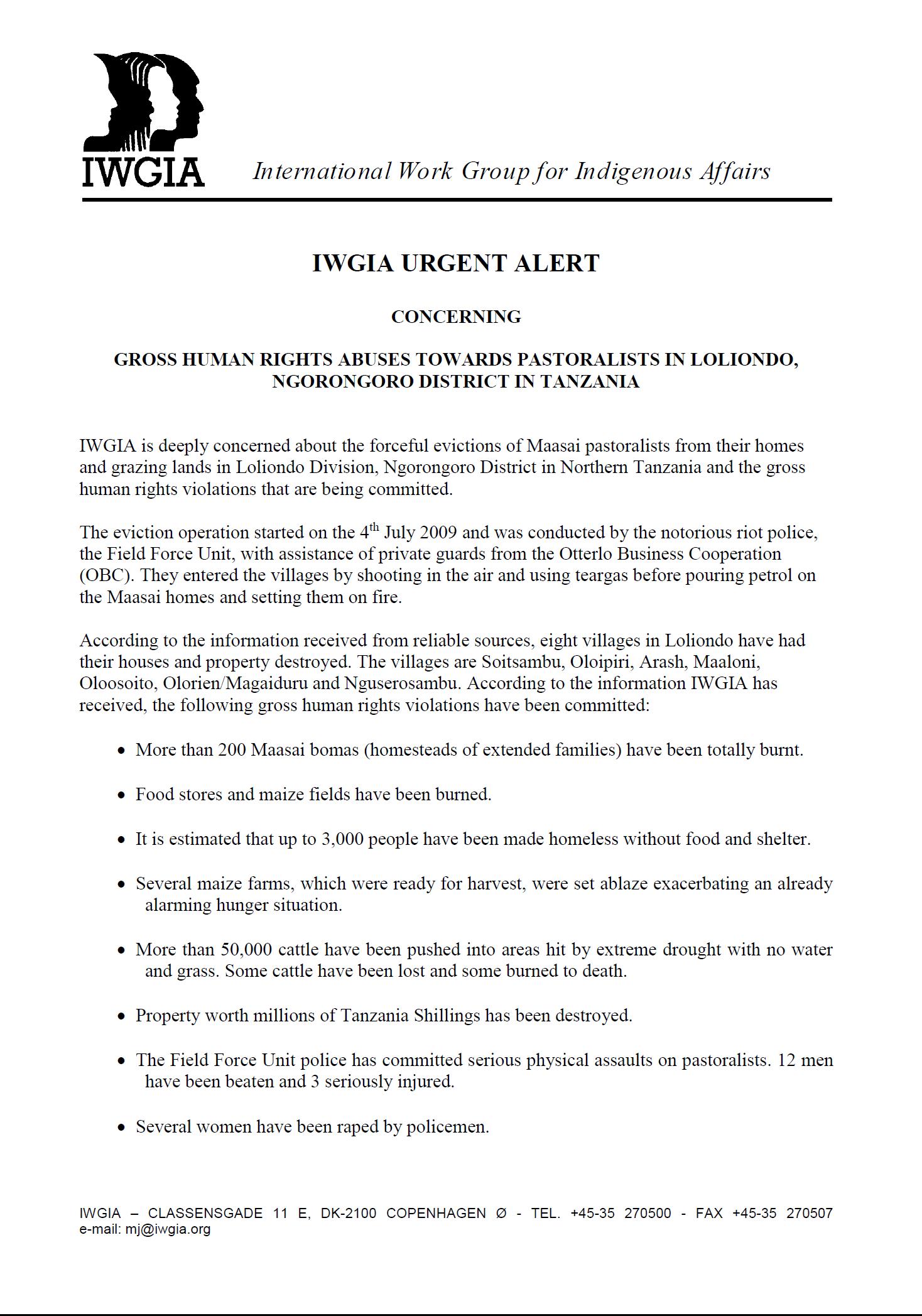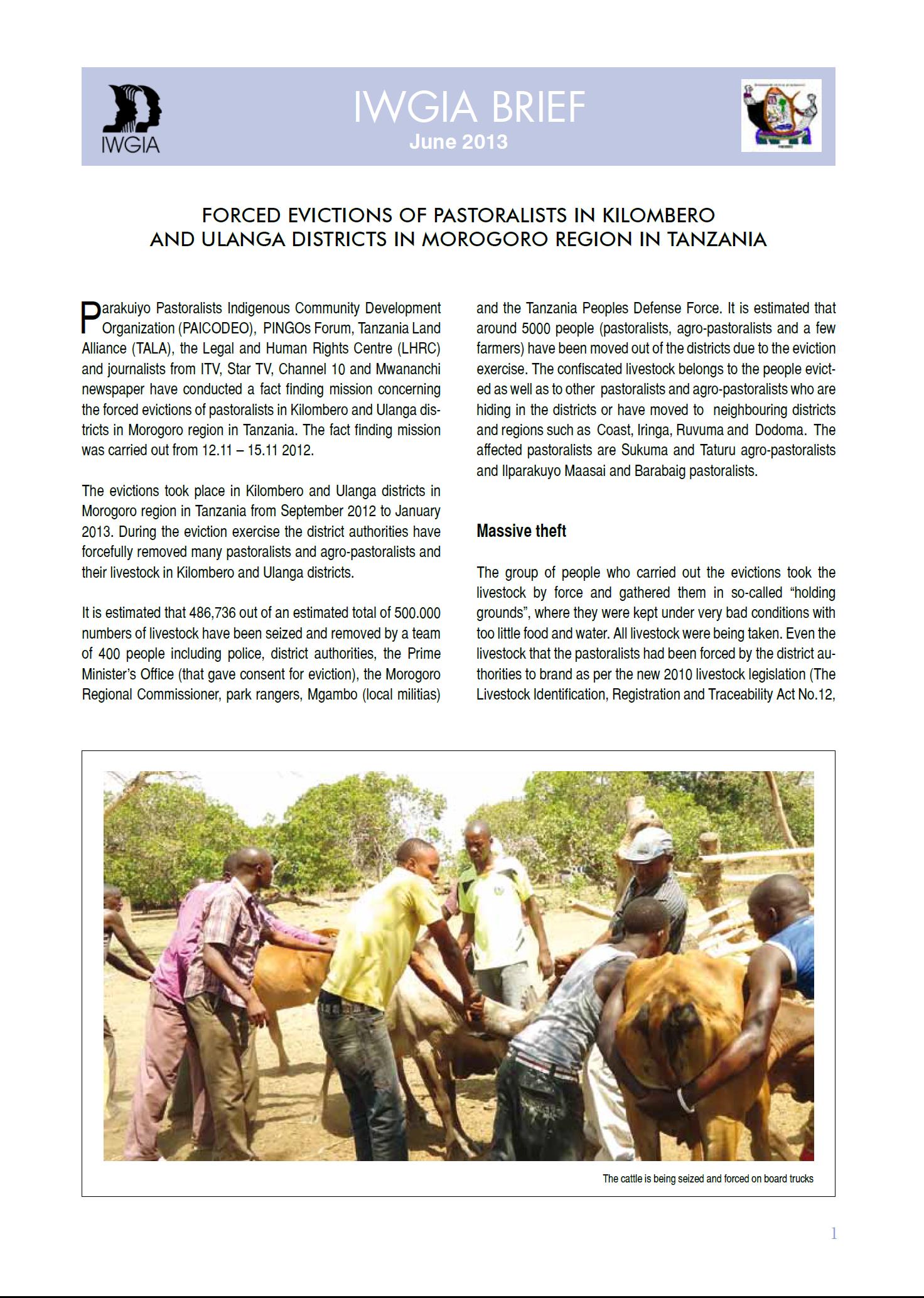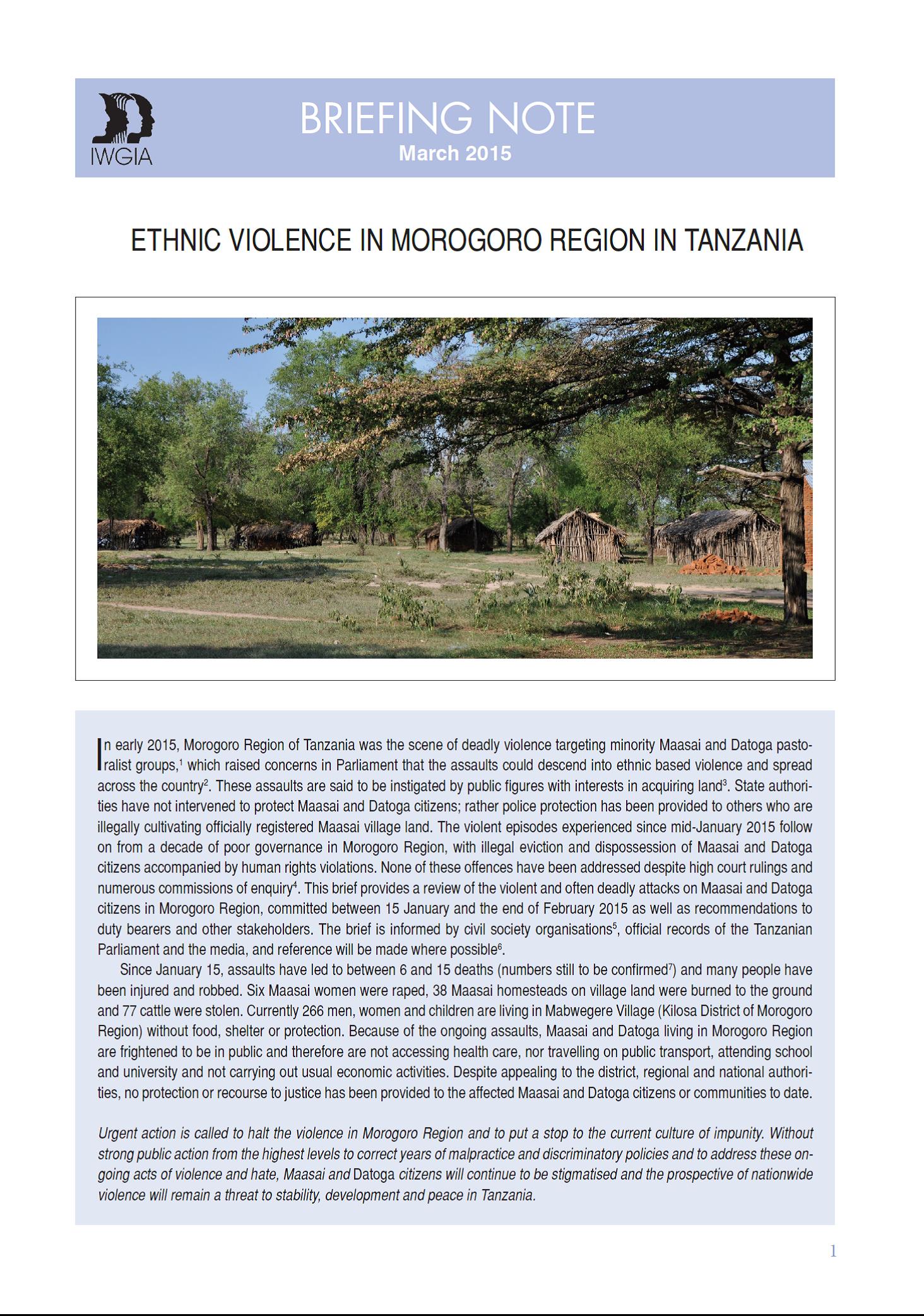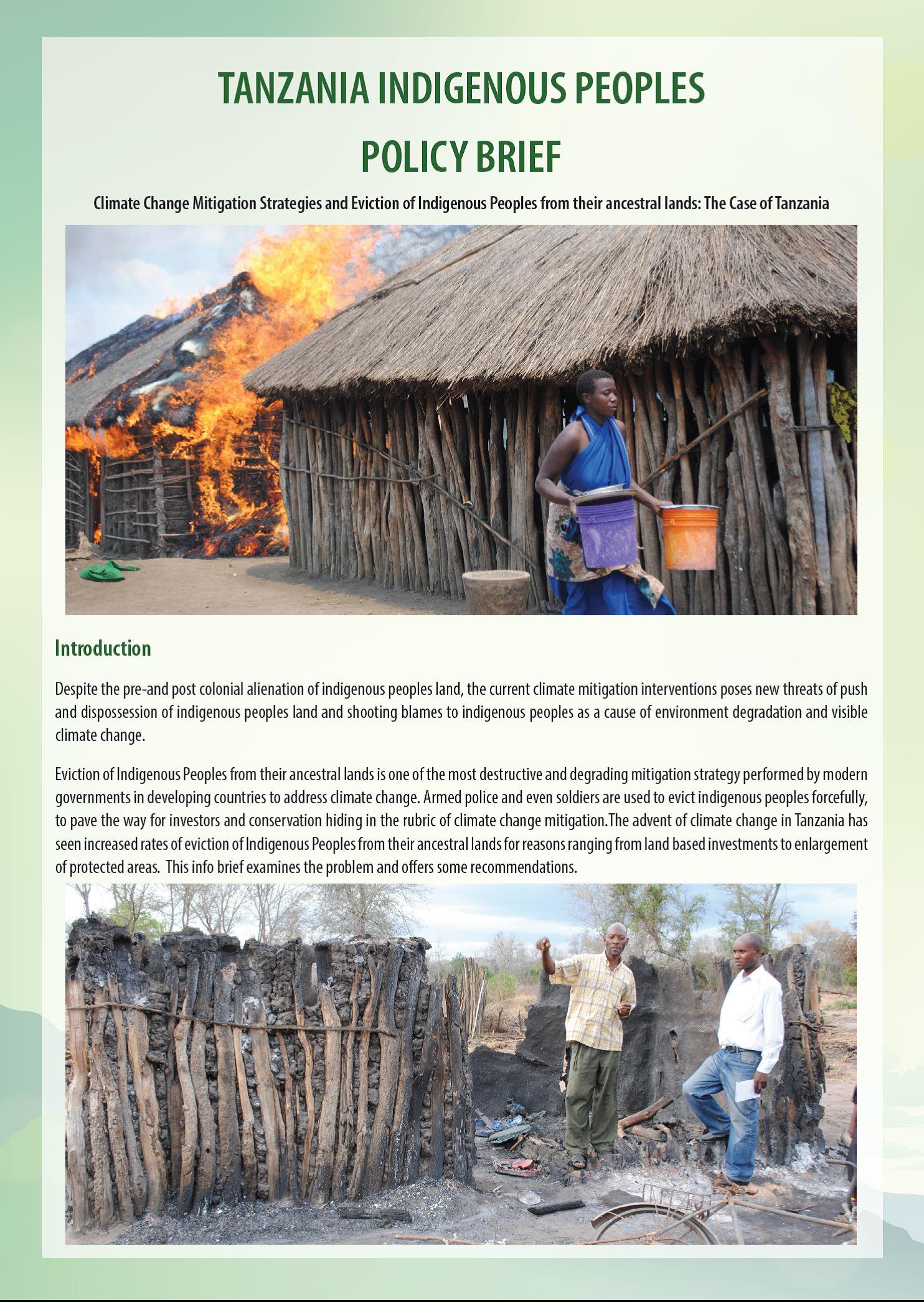Securing Community Land Rights
In this publication two pioneering grassroots organisations from northern Tanzania examine and present their experiences and insights from their long-term work to secure the land rights of hunter-gatherer and pastoral communities. The case studies were presented at a one-day learning event held on 5th October 2012, when Pastoral Women’s Council (PWC) and Ujamaa Community Resource Team (UCRT) joined together to share and reflect on their work to secure land rights, to learn from each other, and to identify ways to build on their achievements moving forward.

